
The German Shorthaired Pointer is a bit smaller than the standard Pointer
dog. It has a finely molded head, intelligent, almond-shaped eyes, large brown
nose, perky ears and an elongated muzzle that reveal teeth that form a scissor
bite. It also has taut, tight skin that is covered by a short and sleek coat.
The feet of the German Shorthaired Pointer are webbed while the tail is docked
by 60% so that it may be able to sit on it (the tail).
Life Expectancy:
12-15 years
Energy Level:
Higher than average.
Living Conditions:
No small apartments.
Barking:
Average
Exercise Needs:
Daily run or extensive yard play.
Breed Group:
Sporting
Size:
Medium-Large
Height:
21-25 inches
Weight:
50-70 pounds
Standard Hair Colors:
Solid liver or liver and white combinations.
National breed club:
German Shorthaired Pointer Club of America
During the 19th century, German hunters needed a dog that was a fine tracker and would have the ability to point at a possible target despite a considerable distance. Due to these requirements, the hunters incorporated the breeds of the Old Spanish Pointer, Foxhound, Hounds of St. Hubert and the English Pointer to develop the German Shorthaired Pointer. The dog proved to be a good hunter that can perform well whether in land or in water. It is also a highly intelligent natural retriever that requires little training. Due to its many talents, the German Shorthaired pointer is a favorite in show ring, obedience and tracking trials, as well as hunting tests.
The German Shorthaired Pointer is a very cheerful and sociable dog that loves the owner and its family immensely, so much so that it hates being away from them for long periods of time. It loves children and is very energetic, making it an ideal family dog. However, since it is a hunting dog by nature, it can be quite reserved and aggressive, especially towards strangers. Male Pointers also tend to be more dominant than the females.
Being an active dog, the German Shorthaired Pointer requires a great amount of exercise. This breed is not ideal for families who cannot afford to give it the vigorous workout that it demands. When not given the requisite exercise, the German Shorthaired Pointer can become bored and destructive.
The German Shorthaired Pointer can adapt to different climates. However, it is not recommended for people who live in small living quarters. It is ideal for athletic families and those with a large, highly-fenced yard, where it can receive its exercise in a secured area.
The coat of the German Shorthaired Pointer is very easy to groom, only requiring regular brushing with a firm bristle brush. Rubbing a piece of toweling or chamois can also retain the natural sheen of the coat. Carefully examine the ears and the feet, especially after hunting or exercise, to remove dirt or debris. Also, dry its coat thoroughly to prevent chilling.
While the German Shorthaired Pointer is a generally healthy breed, it can also be prone to epilepsy, gastric torsion, hermaphrodism, lymphedema and pannus.
...you may also take a liking to the Alopekis. This breed is known to be a faithful and devoted companion and can easily adapt to different living conditions.
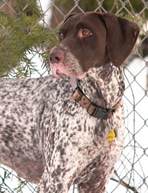
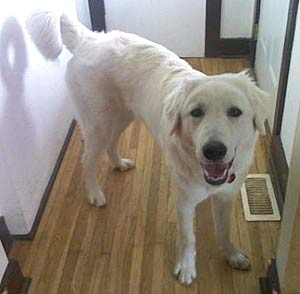 Akbash
Akbash
Akbash
Akbash
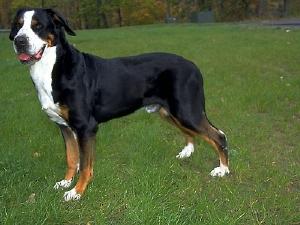 Greater Swiss Mountain Dog
Greater Swiss
Greater Swiss Mountain Dog
Greater Swiss
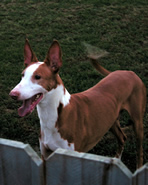 Ibizan Hounds: A guide to dogs and puppies of the Ibizan Hound breed
The Ibizan Hound!
Also known as the Podenco Ibicenco, Ibiza
Ibizan Hounds: A guide to dogs and puppies of the Ibizan Hound breed
The Ibizan Hound!
Also known as the Podenco Ibicenco, Ibiza
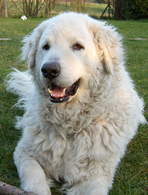 Kuvaszs: A guide to dogs and puppies of the Kuvasz breed
The Kuvasz!
Kuvasz is short for Hungarian Kuvasz, a large a
Kuvaszs: A guide to dogs and puppies of the Kuvasz breed
The Kuvasz!
Kuvasz is short for Hungarian Kuvasz, a large a
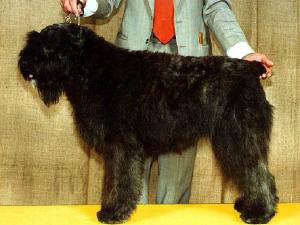 Bouvier des Flandres
Bouvier des Fl
Bouvier des Flandres
Bouvier des Fl
Copyright © 2005-2016 Pet Information All Rights Reserved
Contact us: www162date@outlook.com